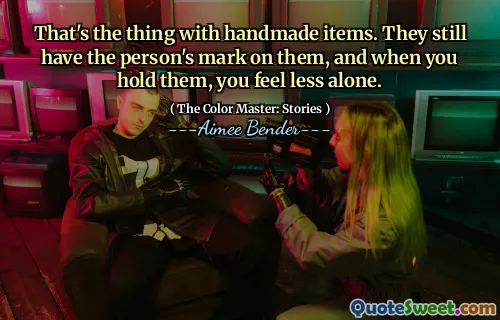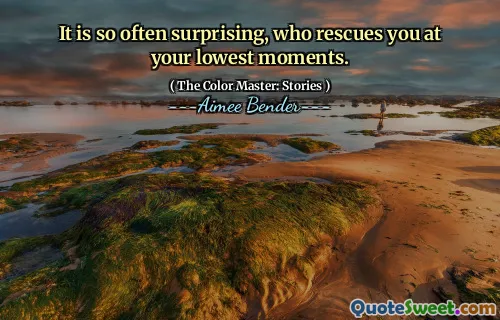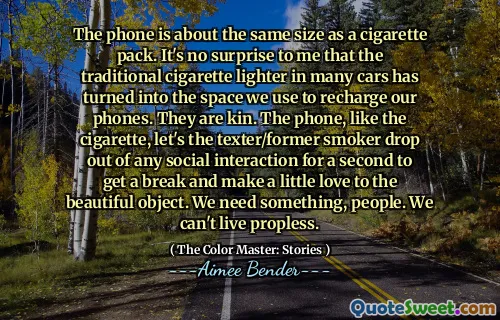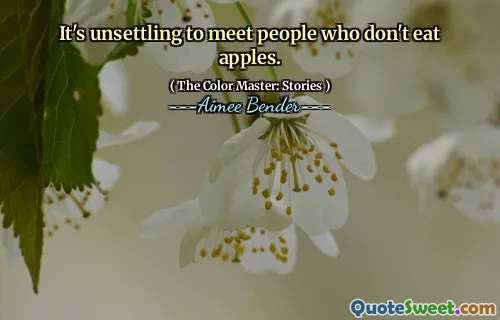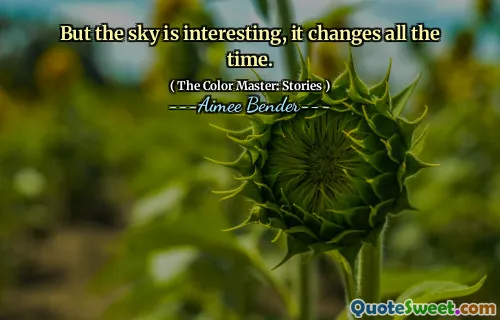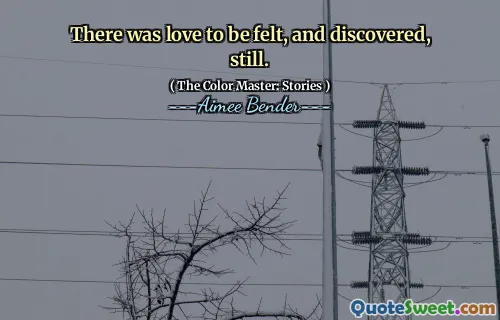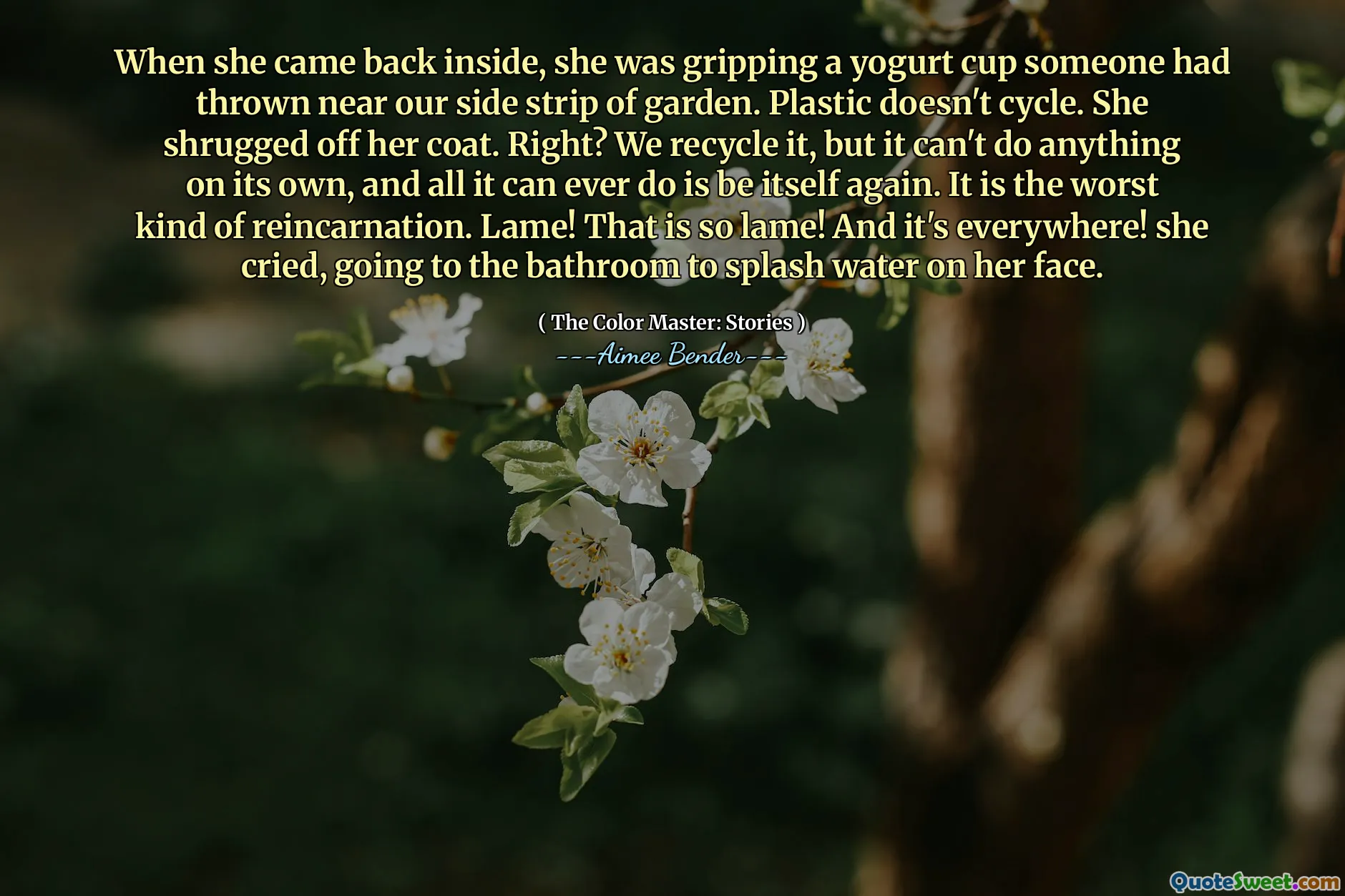
When she came back inside, she was gripping a yogurt cup someone had thrown near our side strip of garden. Plastic doesn't cycle. She shrugged off her coat. Right? We recycle it, but it can't do anything on its own, and all it can ever do is be itself again. It is the worst kind of reincarnation. Lame! That is so lame! And it's everywhere! she cried, going to the bathroom to splash water on her face.
The character reflects on the persistent issue of plastic waste as she discovers a yogurt cup discarded in the garden. Despite efforts to recycle, she recognizes that plastic can only return to its original form, highlighting the limitations and shortcomings of recycling practices. Her realization points to a sense of frustration with environmental concerns and the seemingly futile attempts to address them.
As she grapples with these thoughts, her emotional response intensifies. She feels overwhelmed by the ubiquitous presence of plastic waste, which she deems "lame." This moment serves as a poignant commentary on the broader implications of consumerism and waste, illustrating a deep-seated concern for the environment and the impact of human actions on the planet.
